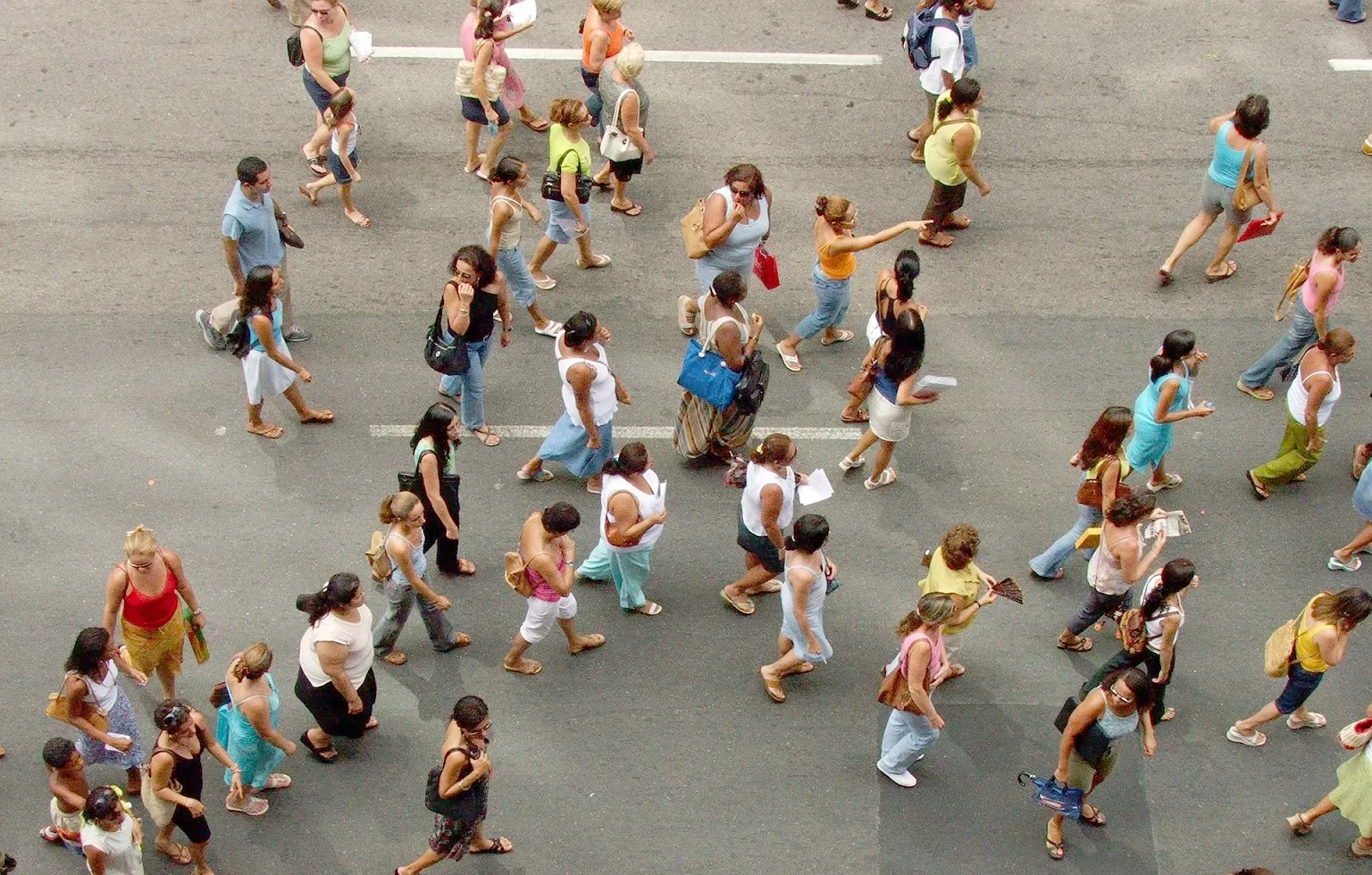Civil society in times of the coronavirus: reinventing its role

Disclaimer: Views expressed in this commentary are those of the staff member. This commentary is independent of specific national or political interests. Views expressed do not necessarily represent the institutional position of International IDEA, its Board of Advisers or its Council of Member States.
The coronavirus pandemic is pushing everyone to reassess their daily routines. There already is a whirlwind of predictions on what will come next, and what this might mean for the economy, politics, or for social interactions as we know them. Most of such predictions may be just speculations, and some may indeed materialize. The fact is we mostly don’t know. What we do know, however, is that a post-coronavirus COVID-19 world is coming, which will be different from that of yesterday.
What we currently see all over the world is an intuitive reaction by states to withdraw within themselves. This is a clear sign of a pushback against globalization. Instead, we see a reinforcement of state authority, and re-imposition of hard borders against further tides of globalization. The clout of international and regional organizations seems to be waning, whereas isolation, insulation, and inward-looking policies of states are gaining ground. What we are witnessing daily is governments rushing to adopt emergency measures, centralizing power, or enhancing surveillance mechanisms over their citizens.
Unfortunately, as Yuval Noah Harari has warned, such nationalist and isolationist policies are exactly the sort of reactions that do not help us in the global fight against the pandemic. What should be happening is more solidarity across borders, more openness and collaboration. And, crucially, states should not become omnipresent and omnipotent creatures that dominate completely the public sphere just because there is a global crisis unfolding. What should be happening is that, despite this crisis (or rather, precisely because of it), there should be more citizen engagement and more empowerment of civil society.
However, in these ever-evolving times, should civil society also change? And if so, how?
Civil society and social movements in an age of social distancing
The conceptual framework of democracy, as advocated by International IDEA’s Global State of Democracy, builds on tenets such as the conduct and fairness of elections, the practice of human rights and civil liberties, or the oversight mechanisms on the executive. But an equally important component of the framework is the role of civil society. The actual indicator question that aims to solicit data on civil society’s role is, “To what extent do people participate in civil society organizations?”
In an age when COVID-19 is demanding that we reassess some very basic social interaction practices, such as shaking hands or hugging, is civil society destined to morph into something else? More poignantly, in an age when social distancing may become an everyday norm, perhaps for years to come, what will happen to large gatherings mobilized by civil society organizations? Music festivals, student gatherings, youth activism? What will happen to social movements, street protests? If the very basic precondition behind organizing protests and social movements is pulled under our feet, how are the people’s voices going to be heard?
This is not to sound alarmist, but rather to ponder on the changes that civil society may experience naturally in the years to come. Civil society and social movements continue to galvanize authentic drives for change. They are probably the most serious and enduring threat that authoritarian regimes face. Until very recently, the world was bustling with protests. For many, 2019 was the year of street protests. From Chile to Hong Kong, from Armenia to Algeria, people from all over the world were demanding an end to corruption, more accountability and equal rights. However, in the last couple of months the world has gone quiet and there is hardly any voice of protest that can be heard.
Considering the seriousness of this pandemic, this is understandable. In Algeria, coronavirus has halted a year-long protest against the ruling classes. Climate change protests have also come to a standstill. Rallies in Hong Kong have pushed a pause button while the city grapples with the virus.
Surely, these are welcome developments for autocrats the world over. No music is more soothing for their ear than the sound of silent streets and squares. But human instinct to speak up is undoubtedly going to find a way to be heard yet again. In fact, already there are spots of resistance and social mobilization happening. Although the above-mentioned rallies in Hong Kong have paused, recent polls have shown that a clear majority of the residents demand the resignation of the city’s leader. In Chile, the protests that erupted last year over deep-rooted social inequalities, have been reignited again, leading to 14 arrests on 21 April. In Kosovo’s capital Prishtina, despite lockdown, people have been practicing creative ways to protest against the overthrow of the government by banging on pots and pans from their balconies. Protesters in Poland have been defying lockdown measures to oppose the government’s proposal that would almost completely ban abortion. They did this, however, by keeping a 2-metre social distance between themselves. And in Rabin Square in Tel Aviv, 2,000 Israelis protested the anti-democratic measures passed during the coronavirus crisis and the government’s policies. They also respected social distancing rules during the protest.
So, where does this leave civil society?
At first, it may seem that tougher times are ahead for civil society organizations. Although there may be a will, the practicalities of mobilization and organization have suddenly encountered hindrances. People are asked to stay home, and even when they are allowed to venture outside, ideally a two-meter distance should be observed.
But, as seen from the examples provided above, civic activism is alive and finding novel ways to express itself. What is also quite likely to happen is that a lot of such activism is bound to be transferred further onto the virtual world. Social media, apps, smart phones etc., have already played important roles in galvanizing protests such as those in Egypt’s Tahrir Square in 2011. Such civic activism is bound to accelerate further in the future.
One mistake that governments should not do is to assume that the coronavirus crisis will help to kill off civil society and social protest. Those who do make such calculations may risk replacing their regime with a kind of coronacracy—meaning, a political system that uses the coronavirus-related measures to stifle opposition and civil society. This may only lead to bottled-up frustration that could eventually result in social unrest. What should be understood and accepted is that the people’s desire for change is ever-lasting and this desire will inevitably find novel ways to express itself in the future despite and because of the coronavirus-induced restrictions.




